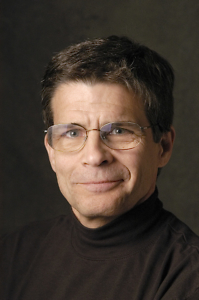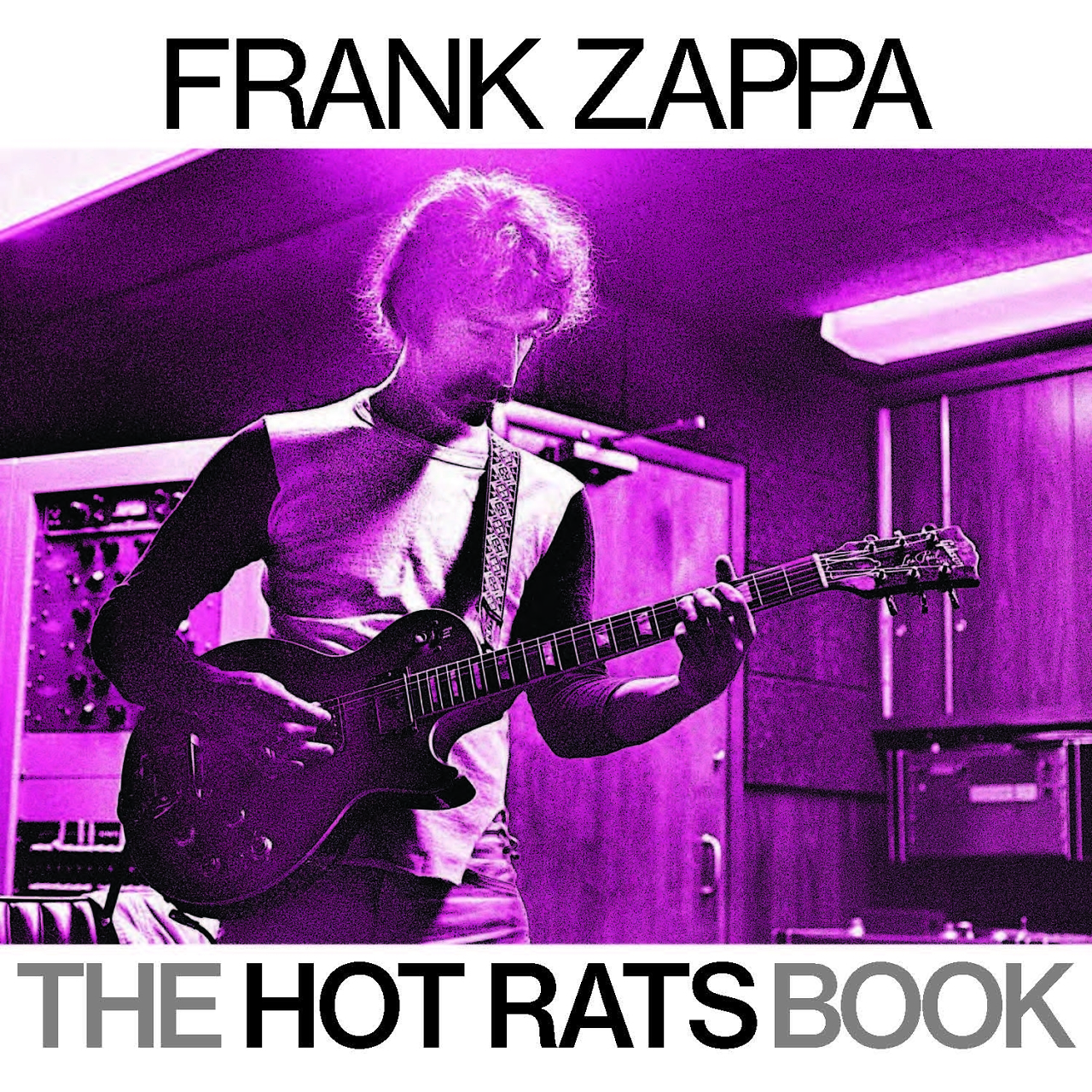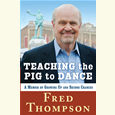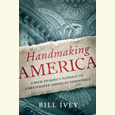Becoming the Characters
June Hall McCash discusses her novel The Truth Keepers
A scorched-earth feeling permeates June Hall McCash’s sixth novel, which is set primarily on Georgia’s Jekyll Island and focuses on the du Bignon family, who fled their native country in the aftermath of the French Revolution. The Truth Keepers unfolds during the 19th century and is based on the true history of Henri du Bignon, an antebellum plantation owner fueled by selfish and destructive desires. Told from the dual perspectives of his wife, Amelia Nicolau, and his longtime mistress, Sarah Aust, the story examines the lives of two women who have sustained bitter losses. They are linked not only by their relationships with the same man, but by their reluctance to reckon with truths about their pasts they have never shared.
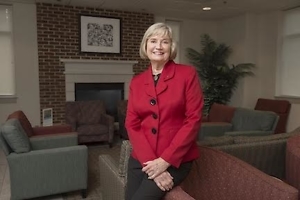
A longtime Murfreesboro resident, McCash has a second home on Jekyll Island, which she purchased 35 years ago. The majority of her books are set on the coast of Georgia. Before she began writing full-time, McCash was a professor of French and humanities at Middle Tennessee State University. The award-winning author helped found the Southern Festival of Books.
June Hall McCash answered questions from Chapter 16 via email.
Chapter 16: This is the second book in a trilogy. What is it about the du Bignon family of Jekyll Island that drew you to devote three novels to this subject?
June Hall McCash: I was fascinated with Jekyll Island from the beginning and, like many others, I was first drawn in by learning of the famous Jekyll Island Club that existed there from 1886 to 1947. Names of club members like J.P. Morgan, William Rockefeller, and Joseph Pulitzer were intriguing, and I had never known that such an elite club existed in Georgia. Over time, however, I became curious about the early years of the island from the time it was occupied by the Native American tribe of the Timucua until the club era.
When I learned that the family members who had lived on Jekyll Island from 1792 until the founding of the club were French émigrés who had left France to escape the Terror of the French Revolution, it became important for me to find out everything I could about them. I taught French for many years and am a self-proclaimed Francophile. Many of the family papers were in French, so knowing the language was a useful skill to have. I found their story fascinating. The three novels of the trilogy will focus on different generations of the family, all of which are different but equally interesting. The third novel will follow their story until Christophe Poulain du Bignon’s great-grandson John Eugene sold the island to the club in 1886.
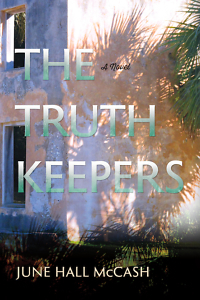 Chapter 16: Marguerite’s Landing and The Truth Keepers both span the Atlantic Ocean to arrive on Jekyll Island and are set primarily in the mid-19th century. Has it been challenging to stay focused on a project that requires so much research?
Chapter 16: Marguerite’s Landing and The Truth Keepers both span the Atlantic Ocean to arrive on Jekyll Island and are set primarily in the mid-19th century. Has it been challenging to stay focused on a project that requires so much research?
McCash: Not at all. Fortunately, I enjoy doing research. To me, it’s like a treasure hunt. Learning about Henri du Bignon’s French wife, Amelia Nicolau, and his longtime English mistress, Sarah Aust, was a new adventure that required additional research in both the Archives de la Gironde in Bordeaux, France, Amelia’s birthplace, and various archival sources in the London area, which was Sarah’s home city. It’s always exciting to discover documents like Amelia’s passport to come to America or a poem written by Sarah herself. I’ve found that, regardless of what you know, there is always more to learn.
Chapter 16: Your body of work is extraordinarily diverse, with 14 books ranging from historical fiction to poetry, yet largely focused on or set in coastal Georgia. What has surprised you the most about studying and illuminating tales of Georgia’s past?
McCash: I lived in the Atlanta area for a little over a decade as an undergraduate student at Agnes Scott College in Decatur through my M.A. and Ph.D. degrees at Emory University. I gave birth to my first son in Atlanta, and I thought I knew a great deal about Georgia, but as it turned out, I knew virtually nothing about the coastal area. Discovering Jekyll Island, where my husband and I bought a house in 1987, brought a whole new world.
There are so many extraordinary stories one could tell about that area. The Georgia sea islands, or Golden Isles, as they are called, each has its own unique history. I found that Jekyll Island, for example, is a virtual microcosm of American history. It served as the home of Native Americans, then of an early English captain who came to the island at the time Oglethorpe founded the colony of Georgia, followed by an English Tory who was banished from Georgia in the wake of the American Revolution. It became a Sea Island cotton plantation that was twice invaded by English sailors during the War of 1812 and was the landing site for the last large shipload of slaves brought illegally to America. It served as the site of an impressive Civil War battery personally inspected by Robert E. Lee and later captured by the Union Army.
The island fell on hard times after the war and was finally sold to the famous club of wealthy northerners, the history of which reflects the vicissitudes of the Great Depression. During World War II, it was occupied by the U.S. military worried about the German submarine activity on the Georgia coast. The story of Jekyll Island has, in so many ways, reflected the story of America.
Chapter 16: After many years of being a professor at MTSU, you’ve transitioned to writing full-time. How do your experiences of teaching inform your writing?
McCash: I’ve certainly been able to use my knowledge of the French language and culture in writing my books on the du Bignon family as well as Eleanor’s Daughter, another recent work on the life of a 12th-century medieval woman. As an academic, I learned the importance and skills of research and the never-ending quest for more knowledge. During my academic years, I wrote a couple of books and many articles for scholarly journals, which required me to learn care and precision in my writing. But I have loved becoming a full-time writer for a more general public, which I have wanted to be my entire life.
I wrote my first story when I was 6 years old. The most liberating aspect of becoming a writer of historical fiction is that I no longer have to contend with the tedious aspects of footnotes and other scholarly apparatus. I had to learn intellectual discipline through my teaching career, and it gave me opportunities for public speaking not only through my classes, but also in delivering papers at international conferences. It has been useful as a speaker at book festivals and talks for various groups and venues, such as libraries and book groups.
Chapter 16: The Truth Keepers is told from the perspectives of Amelia Nicolau and Sarah Aust, wife and mistress of the same man. How did you distinguish differences in their voices and adhere to those distinctions?
McCash: It’s the first book I’ve written as a first-person narrative, and I loved doing it. Distinguishing their voices was important, and I tried to accomplish that through the differences in their past experiences and their present situations. Even more so, their vocabularies and idioms are different. In the part narrated by Sarah, for example, I tried to use English spelling and vocabulary, whereas for Amelia, although she narrates in English, I’ve made an effort to use words that exist in both French and English. Her vocabulary is sprinkled here and there with French words or phrases. She encourages her children, for example, to call their grandparents Papi and Mémé, as a French child might do. I can only hope I have been successful.
Chapter 16: The amount of research that went into this book is staggering. In your afterword, you wrote about uncovering incorrect information, even on the headstone of Amélie (Amelia). Can you share a bit about your process of researching Jekyll Island’s history, as well as writing fiction based on facts?
McCash: I make a general research effort to have in mind a sort of vision, albeit always flexible, of what I need to know and tell (and what I don’t). Then, throughout the writing process, I take time to search for specific information, as it becomes essential or important. The information about Amelia’s tombstone is a good example of the process of writing fiction based on fact. That conclusion was, of course, the result of finding the records of her birth and baptism. They did not match the tombstone, but they were close. Then I began to ask myself why I thought they might differ. Using the date of her birth, she was two years older than her husband, Henri. While I know that should never be an obstacle to marriage, it occurred to me that she or one of her brothers might have chosen not to reveal the difference, for fear it might pose a problem. Thus, I wove the two together, the factual date of her birth and what Henri might have been told. This way, they appeared to be the same age at the time of their marriage. It’s a minor point, but a good illustration of the process.
Chapter 16: At what point did you know how this book would end and how did that occur?
McCash: One of the most interesting things about this book is that I wrote the ending first. It’s the only time I’ve ever done that. I was having a hard time getting started with the story and deciding how I wanted to approach it, but I knew that it had to end with the fate of the old Burnett cemetery. One weekend I was gathered at my home on Jekyll Island with a small group of writers, and we decided we would write during the mornings and read our work to each other in the afternoons for a critique session. That’s when I wrote the epilogue, since I wasn’t ready to write anything else.
After that, the book began to flow. I think I may have enjoyed writing this book more than any other I have ever written. I just let myself become Amelia and Sarah. I wanted each woman to be able to tell her own story, in her own way unjudged by anyone else, except the reader, of course. I am interested in how readers will react to each woman’s story.
At the end of the volume, I offer some suggested questions for group discussions. One of those is “With which character are you most sympathetic? Why?” Another points out that the author does not allow Henri to tell his own story, but asks, “Do you think his version of the truth would differ from the truths of the two women in question? If so, how?” I would love to hear readers’ answers to those questions. I suspect we all have our different truths to reveal or keep to ourselves. That became an important and useful point. I had a bit of trouble deciding on a title for the book, until The Truth Keepers presented itself, and I knew it was right for what I was trying to say.

Sarah Norris has written about books and culture for The New Yorker, The San Francisco Chronicle, The Village Voice, and others. After 15 years in New York, she lives in Nashville, where she was born.
